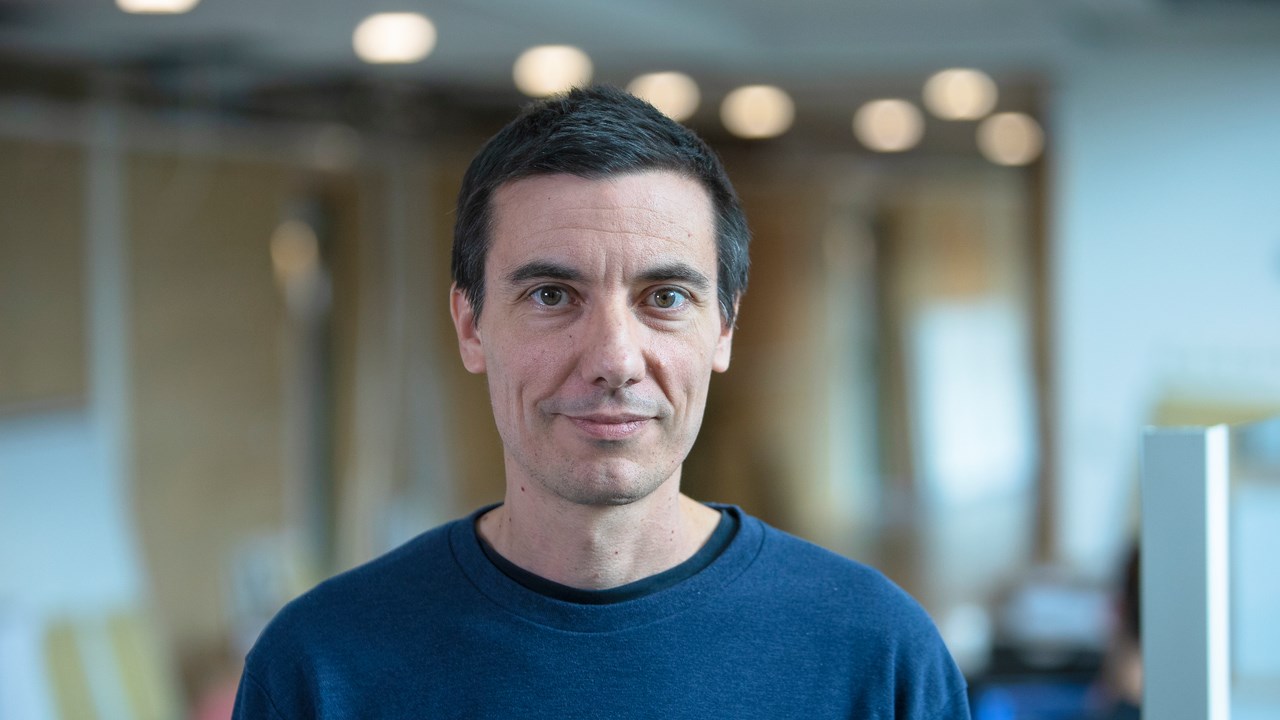Professor Vicenç Torra is a world-leading researcher in AI, data privacy, approximate reasoning and decision making. Vicenç Torra leads the research group Nausica: Privacy-Aware Transparent Decisions Group at the Department of Computing Science, Umeå University. The research project "Privacy for Complex Data" runs until summer 2025 and is funded by the Swedish Research Council.



